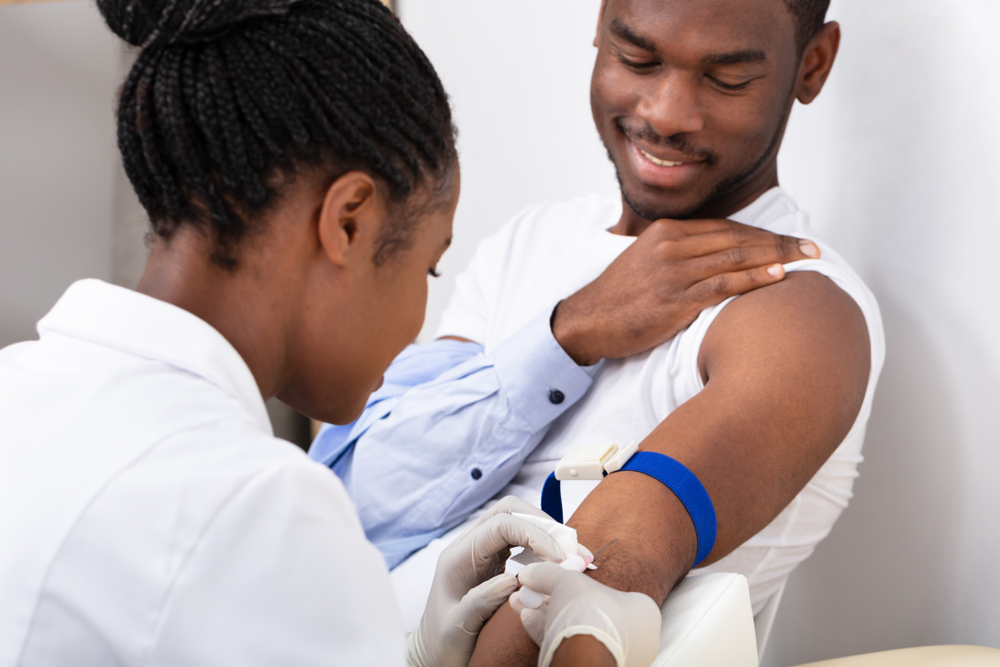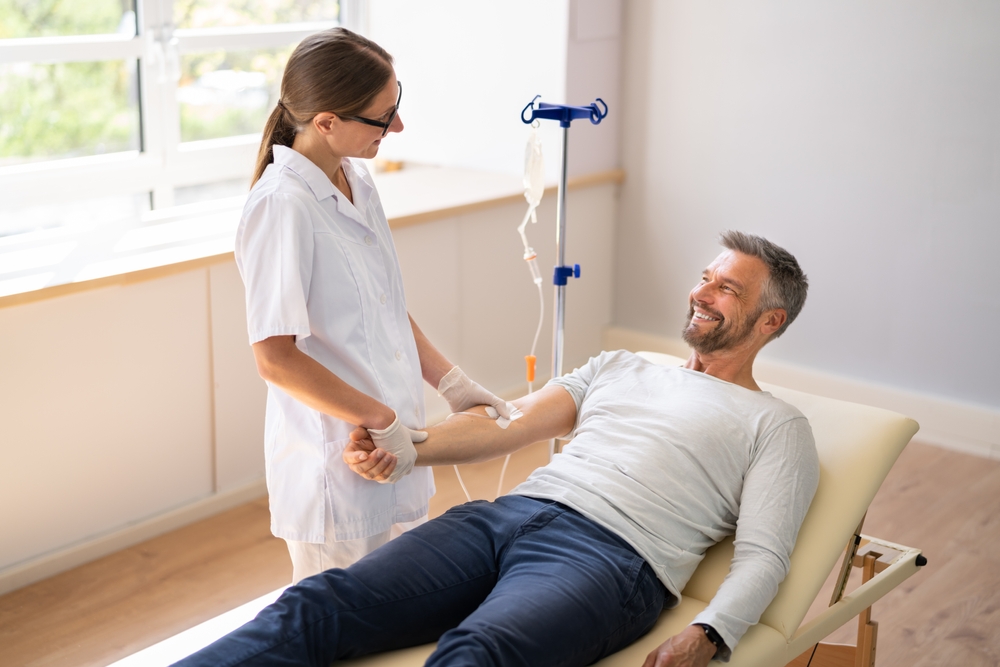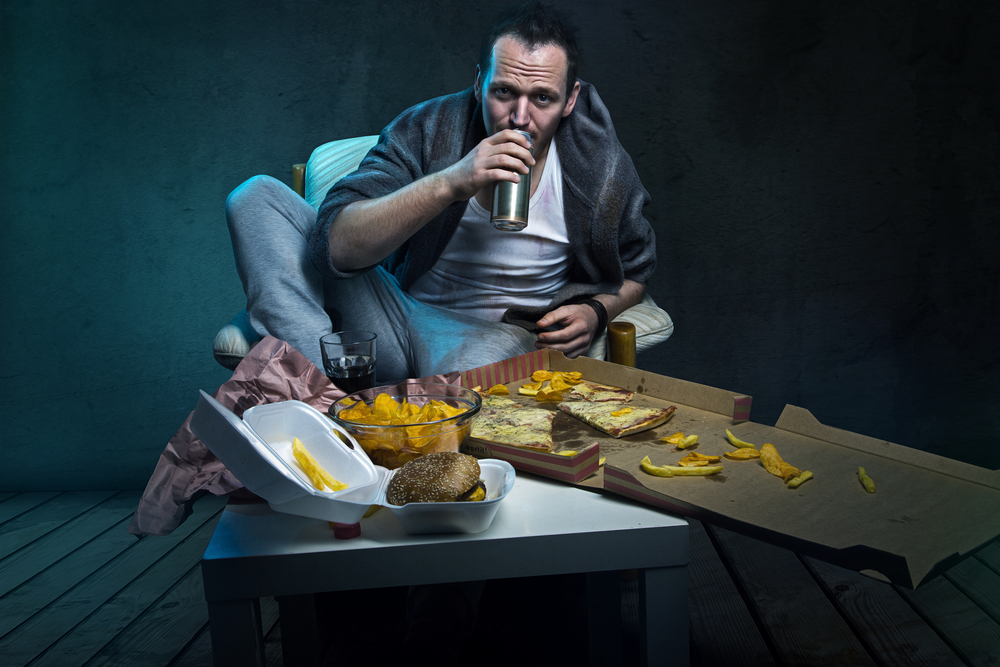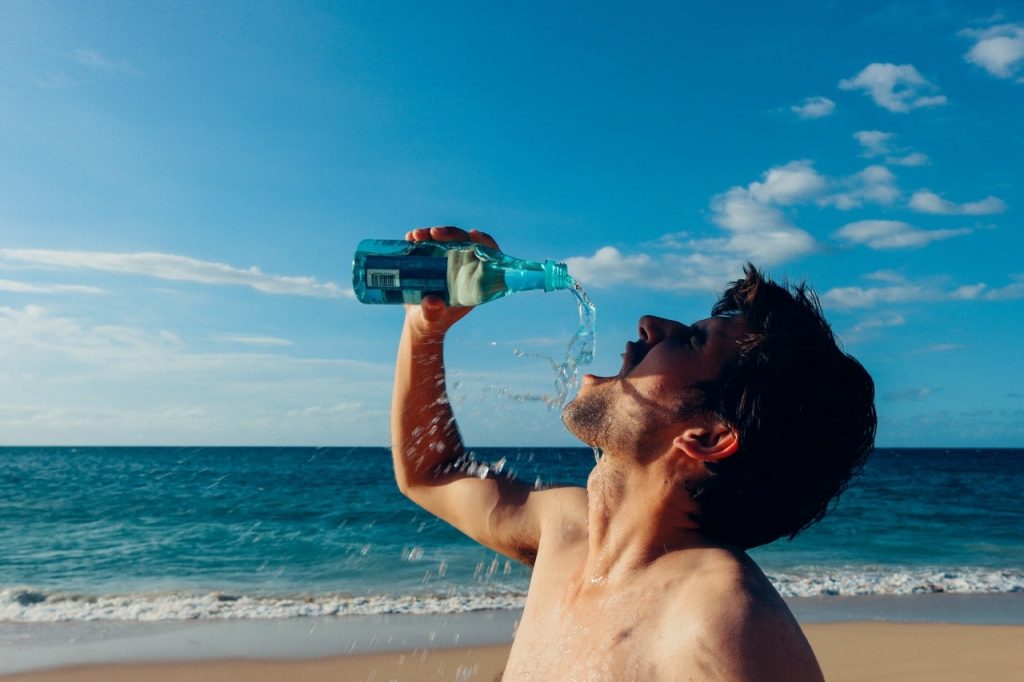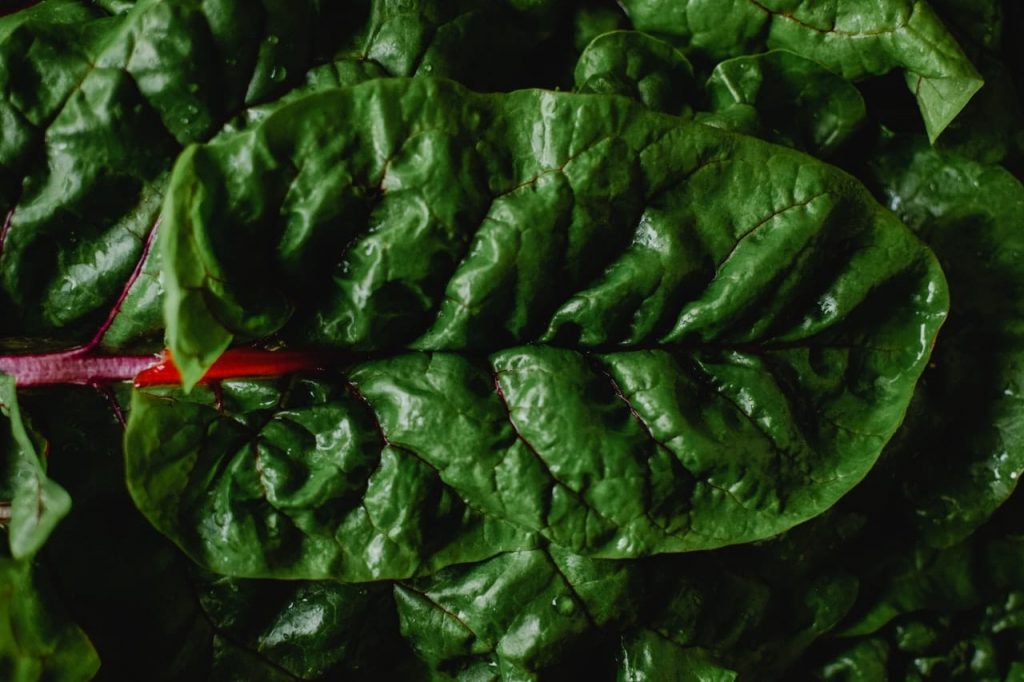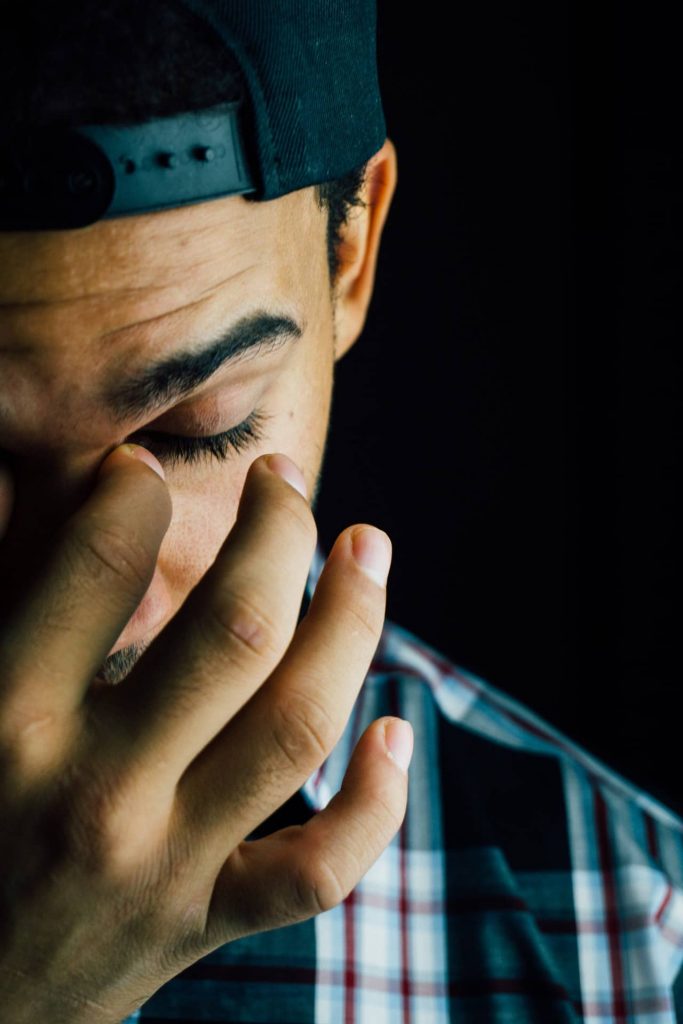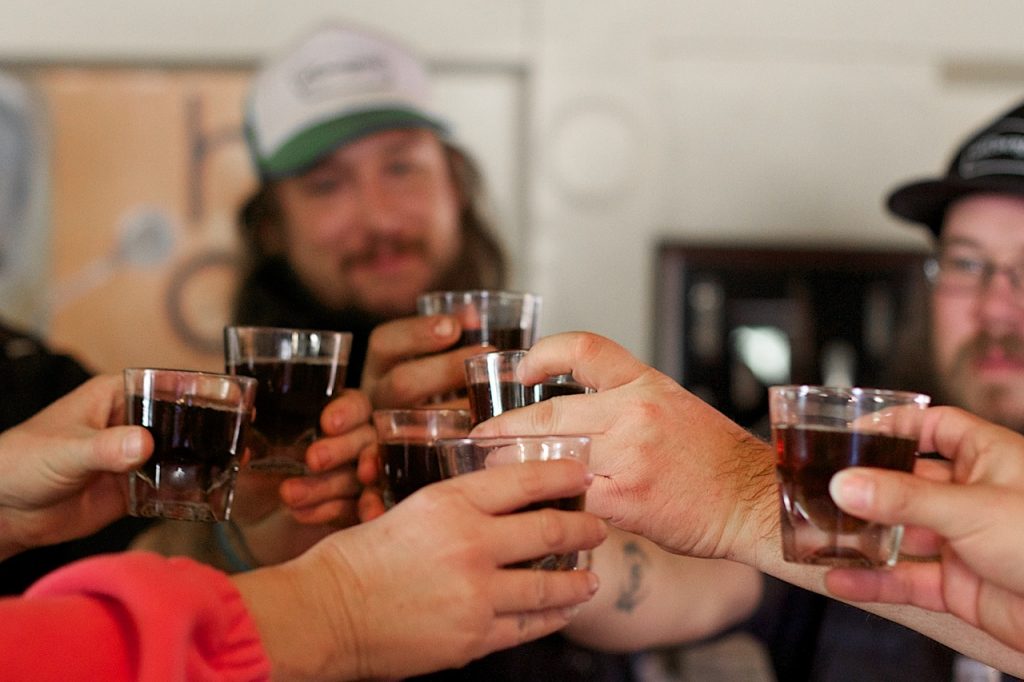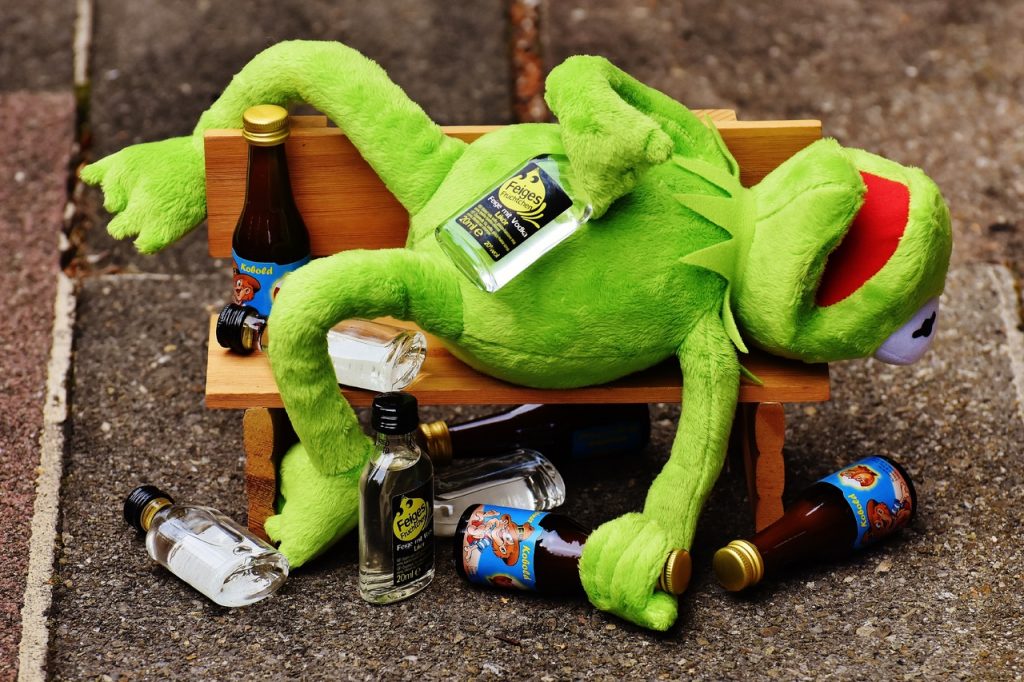The Connection of Substance Abuse & Mental Health
Substance abuse and mental health issues often co-occur. According to reports, about 50% of people with severe mental problems also grapple with substance use disorders (SUD), and vice versa. When SUD and mental illness coexist, it's often referred to as a dual diagnosis or co-occurring disorder.
Substance abuse and mental health issues are both complex challenges that affect millions of people in the United States. SUD involves a compulsive pattern of drug or alcohol use despite negative consequences.
Mental health issues encompass a range of conditions like anxiety, schizophrenia, depression, bipolar disorder, etc. Each of these conditions can be hard to deal with on its own. However, when they co-occur, it creates a particularly challenging situation for those affected.
Understanding the Link between SUD and Mental Health:

People with mental illness are at risk for SUD and vice versa than those who don’t have these conditions. While one condition doesn’t necessarily directly lead to the other, studies have established a strong correlation between the two. The 2022 NSDUH report found that about 21.5 million adults in the US have co-occurring disorders. This happens due to a range of reasons, including:
Trying to Self-Medicate the Symptoms of Mental Health Issues
Sometimes, when people are experiencing mental health issues like depression, anxiety, or PTSD, they might turn to alcohol or drugs as a way to cope with their emotions. It's like trying to ease the pain they're feeling. So, if they’re down because of depression, they might drink alcohol to try to feel better temporarily.
However, while it might seem like it helps at the moment, it tends to make things worse in the long run because substances mess with the brain and make mental health problems even harder to manage. A study by the National Institute on Drug Abuse found that people with anxiety disorders are about twice as likely to have SUD compared to the general population.
Substances Can Increase the Underlying Risk for Mental Disorders
Alcohol and drugs have been shown to interfere with the way brain cells work. They alter the way neurons process and transmit information. So when someone uses alcohol or illegal drugs excessively over time, their behavior, thought process, perceptions, and feelings change. As a result, they may become more vulnerable to mental disorders
Substances Can Worsen the Symptoms of Mental Health Issues
Even if someone already has a mental health problem, using alcohol or drugs can make their symptoms even worse. For example, if someone is struggling with anxiety and starts using drugs, it can make them feel even more anxious and paranoid. Likewise, if someone is dealing with depression and they drink alcohol, it can make them feel even more down and hopeless. So, instead of helping with the mental health problem, alcohol and drug abuse can make things much harder to handle.
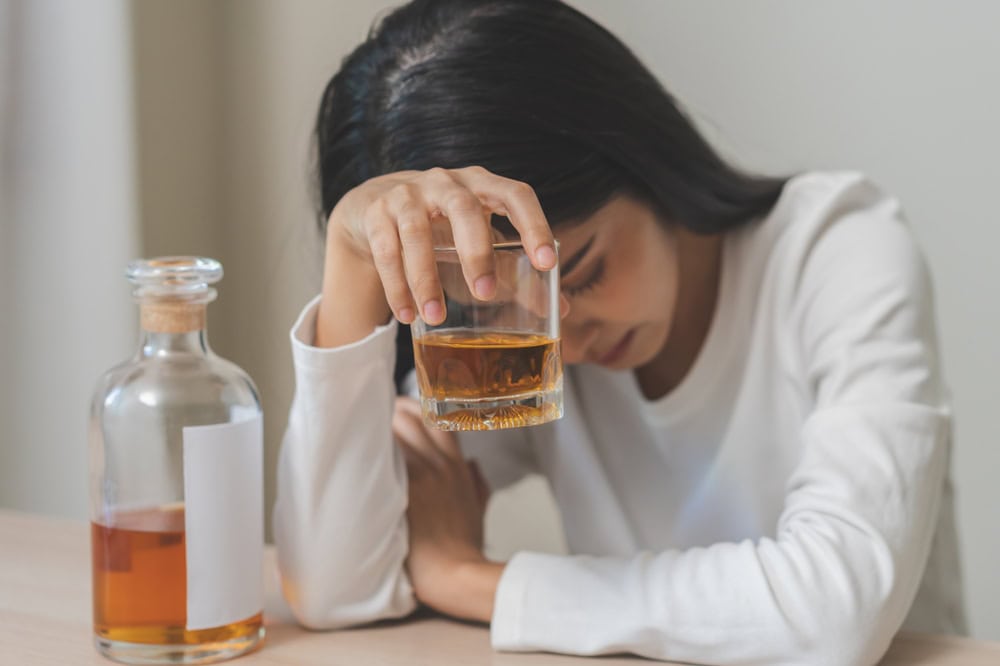
Dual Diagnosis Treatment
Dual diagnosis treatment is all about recognizing that when a person is struggling with both a substance use disorder (SUD) and a mental health issue, you can't just focus on treating one while ignoring the other. That’s because each condition can exacerbate the other, leading to a vicious cycle of symptoms and challenges.
Treatments for dual diagnosis typically lead to the best outcomes because they address both substance use disorders and mental health conditions concurrently. Usually, the healthcare provider works closely with the patient to understand how the SUD or mental disorder affects the other. They will then determine the proper treatment. Treatment usually involves:
- Detox: Detox helps safely manage withdrawal symptoms under medical supervision, which is crucial because these symptoms can be exacerbated by underlying mental disorders.
- Behavioral health therapy: Therapies like dialectical and cognitive behavioral therapy help address the behavioral and psychological aspects of mental health and SUDs
- Medications: Medications can stabilize mood, reduce cravings, and manage other biological factors contributing to both the mental health condition and the SUD
- Support groups: Specific dual diagnosis groups reinforce treatment adherence, offer social reinforcement, and provide a platform for learning from others at different stages of life and recovery
How to Help a Loved One Struggling with Dual Diagnosis
There’s still so much stigma around addiction and mental health issues. People assume that these disorders are a sign of personal weakness or moral failing, which is never the case. Both these conditions rewire the brain and make it hard for people in recovery (or active addiction) to function or manage their lives as they normally would.
If your friend or loved one is struggling with a dual diagnosis of addiction and mental health issues, supporting them requires understanding, patience, and active engagement. Here are several ways you can help:
- Learn about the nature of addiction and mental health disorders. This will help you understand the nature of these conditions and how they affect the brain. You will also be able to recognize symptoms and understand the challenges your loved one faces.
- Approach your loved one with compassion and empathy. Let them know you are there for them without judgment.
- Help your loved one find and access effective treatment programs specializing in dual diagnosis. These programs are better equipped to handle the complexities of treating both mental health issues and substance abuse and often include a range of therapies that can be tailored to individual needs.
- If appropriate, join your loved one in therapy sessions and participate in family programs offered by treatment centers. Understanding the recovery process and what your loved one is learning can help you provide better support and create a home environment conducive to recovery.
- Social media can be a powerful tool to connect with support groups and resources for people in recovery and their families. However, be mindful of the privacy and sensitivity surrounding your loved one’s condition. Use these platforms to promote positive support and to educate others, helping to reduce stigma.
- Help them keep track of medications and appointments
- Understand that relapse is part of the process. Just like heart disease or diabetes, addiction is a chronic illness, and up to 60% of people relapse within a year of leaving treatment. Educate yourself about preventing relapse and recognize the early signs. This way, you are better prepared to support your loved one through these challenges.
- Help create a stable, stress-free environment that reduces triggers for substance use and mental health symptoms.

How to Ask for Help from Your Loved Ones
Like most people in recovery, you might feel as though asking for help is a sign of weakness. But that’s not true. Asking for help is a sign of strength. Besides, support from your friends and family members can go a long way in helping you manage and overcome the challenges associated with recovery from a dual diagnosis.
With that said, here’s how you can ask for help:
- Find a quiet, comfortable setting to talk without interruptions. Ensure you and the person you are talking to are not rushed or distracted.
- Start the conversation with honesty and openness. Express your feelings, struggles, and the specific areas where you need support. For example, you might say something like, “I’m finding it really challenging to manage my recovery on my own, and I could really use your support.
- Sometimes, friends and family want to help but don’t know how. Provide them with information about your condition, what you’re experiencing, and what kind of support would be most helpful.
- Be clear about the type of support you need. Whether it’s accompanying you to appointments, helping with medication schedules, or listening when you need to talk.
- Give them a chance to respond and share their feelings. They may have their concerns or suggestions that could be helpful. Communication should be a two-way street.
- Acknowledge their willingness to help and express gratitude for their support.
- After your initial conversation, keep the lines of communication open. Update them on your progress and continue to express your needs as they evolve.
As we observe Mental Health Awareness Month this May, let’s commit to action, understanding, and empathy. Addiction and mental health issues are complex issues that affect millions of people worldwide. But with the right support, recovery is possible.



